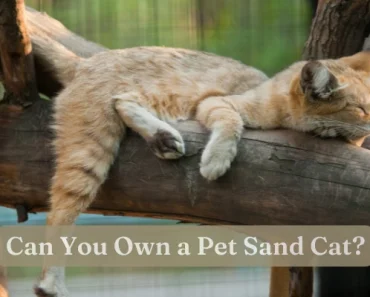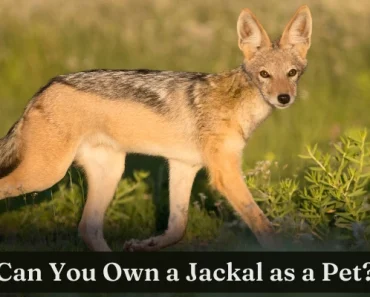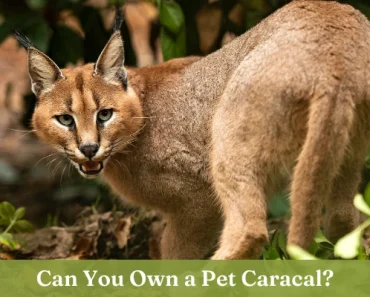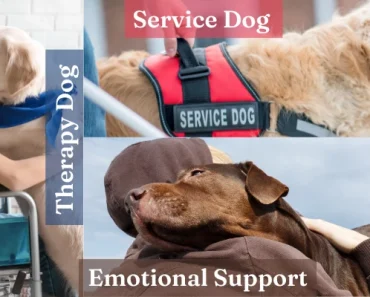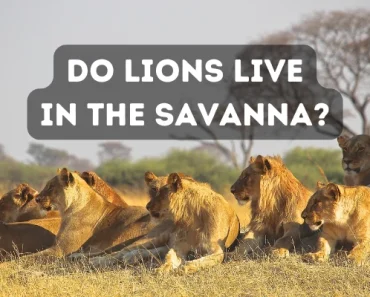Are lions cats? Such a simple yet complicated question to answer.
Sure, the simple answer is that “yes, lions are cats” but that is just the simple answer.
The more complicated answer is that it depends. It depends on the context in which you are using the word “cats”.
If I have piqued your interest, read on to get a more complicated but detailed answer on why lions are cats but not cats at the same time.
Are Lions Cats?
Lions are cats in regards to the broader term of cats when used to describe them as part of the cat family but the biological term for lions is Panthera leo of the genus Panthera within the Felidae family (commonly referred to as “cats”).
So, yes lions are cats but only if you are referring to cats as like all cats in nature and not thinking of cats as domestic house cats.
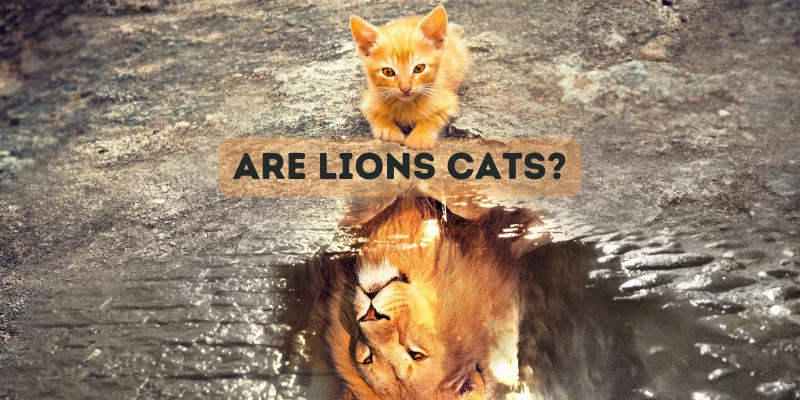
Lions are not directly related to domestic cats since that branch of evolution was split millions of years ago.
While lions are very different from domestic house cats in size and appearance, they also share some similarities – like the methods they use to hunt and how they both are nocturnal animals.
Are Lions Related to Cats?
Lions are related to cats since they have the same common ancestor. However, this common ancestor is from around 11 million years ago, so cats and lions are not directly related and cats did not evolve directly from lions.
There are a total of 37 cat species that include cheetahs, jaguars, leopards, lions, lynxes, pumas, tigers, and many more. Among these 37 cat species is also domestic house cats.
It is believed that bigger cats like lions and tigers shared a common ancestor with smaller cats like cougars, cheetahs, and the ancestors of domestic house cats before the two lineages split around 11 million years ago.
This evidence suggests that while lions and house cats are related, one has to go back almost 11 million years to find a common ancestor between the two.
So lions are related to domestic cats but evolution had millions of years to shape the separate subfamilies.
This is why there is such a difference in physical attributes for the subfamilies and why big cats are bigger and small cats are smaller, even though they share a common ancestor.
Why Is a Lion Not a Cat?
A lion is not a cat if a person is referring to your average and ordinary house cat. While lions and house cats may be called cats interchangeably, lions are not cats since cats did not evolve from lions.
I know that sounds confusing since I’ve been stating that lions are cats already in this article, but as I said earlier – lions are not cats unless you are referring to the entire “cat family” and using that as the broad, biological term to describe them.
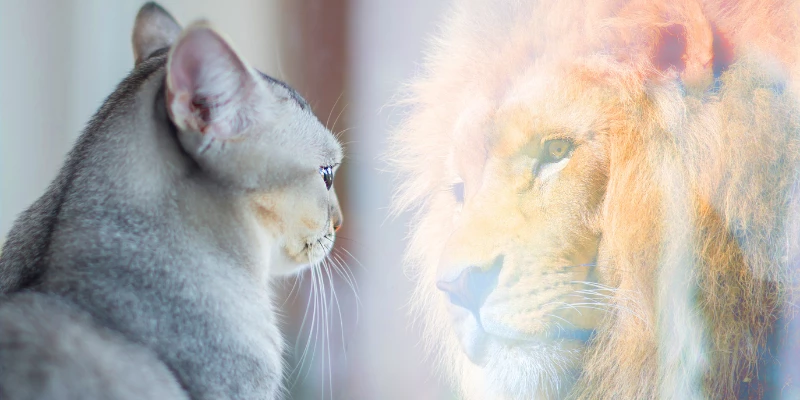
I think some people get confused because of how these terms are used but casual words like “family” and “cats” don’t mean the same thing in the biological sense as it does in everyday, spoken English.
That is why lions are cats when referring to them from a biological standpoint, but not cats when used in common conversation.
The word “cats”, when spoken to the average person refers to house or domestic cats. In that aspect, lions are not cats. I hope that explanation made things much clearer and less confusing.
Did Cats Evolve From Lions?
Cats did not evolve from lions. It is believed that cats evolved from African Wildcats that still exist today in Africa and Asia. The African wildcats shared the same common ancestor as lions many millions of years ago.
But with time and evolution, the two sides have taken on various shapes and sizes with one side producing bigger cats like lions and the other side producing smaller cats like African wildcats.
African wildcats are just a little bit bigger than domestic house cats, but there isn’t much difference in terms of physical appearance.
The first “house cat” was believed to be domesticated around 10,000 years ago (at least that is what current archaeological evidence suggests).
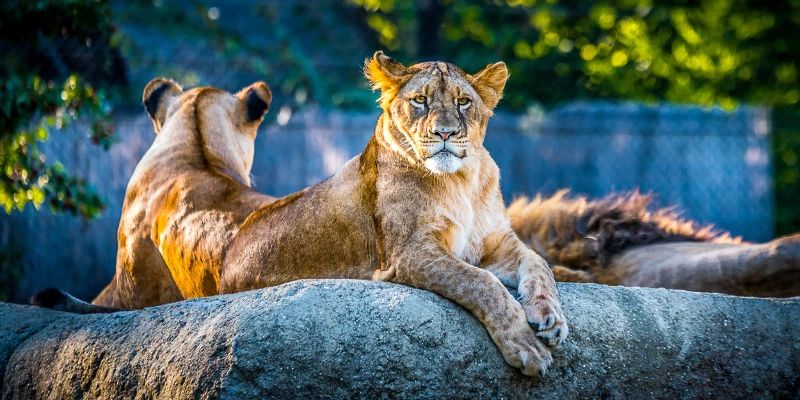
It was once thought that the Egyptians had the first domestic cats around 3,600 years ago but new findings suggest that Middle Eastern people were the first to domesticate cats almost 10,000 years ago.
Maybe one day, there will be new evidence that suggests cats were domesticated even further back in time, but as it stands right now, the domestication of house cats happened between 9,000 and 10,000 years ago.
It is also believed that these cats were domesticated to help deal with rodent problems and because these cats were already friendly and tame compared to other cats around that time in history.
Cats are not direct descendants of lions and only shared a common ancestor around 11 million years ago.
While cats are related to lions from a historical standpoint, they are not from the same ancestor unless you go back millions and millions of years.
Recap
In this article, you learned that lions are cats – but at the same time, you learned that lions are not cats. Lions are in the family of cats from a biological standpoint but share no direct relation to domestic cats.
While domestic cats and lions are related, they are not directly related since their common ancestors split into separate groups about 11 million years ago.
Cats did not evolve from lions. It is believed that domestic cats evolved from African wildcats almost 10,000 years ago.
Humans enlisted the help of African wildcats (now domestic cats) to deal with rodent problems, and because these cats were already friendly and tame (or at least somewhat friendly and tame).
It was a win-win because cats were able to get good meals and attention while humans were able to get help with rodent problems and to have companionship.
Now you should understand why I stated at the beginning of this article that the answer to “Are lions cats?” is more complicated than just stating that lions are cats.
I hope you enjoyed this article! There are many other interesting things to learn about lions, so please check out other articles on this site.
